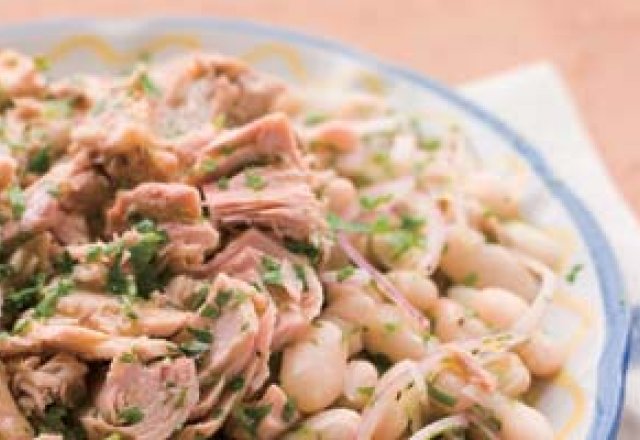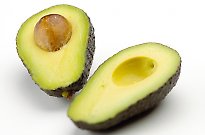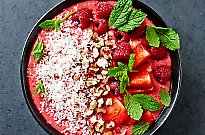
Bowel problems - common causes

Dietitian Kaye Haslam from Diets on Wheels offers her expert opinion
While everyone’s idea of what constitutes ‘regular’ visits to the toilet are quite different, a diet high in fibre should see you in the healthily regular range.
“If fibre is lacking, generally that relates to constipation problems. People’s ideas of regular bowel problems vary dramatically. Often the problems don’t become apparent until people become older,” she says.
“In the past 40 years, we’ve seen huge changes in our knowledge of fibre components. We thought that good old cornflakes were enough in the past, but we know now that there’s really not enough fibre for most people in the modern diet.”
She says eating too much fibre and protein could have effects too: “If you ate too much fibre it would have the reverse effect of causing you to be too loose in the bowels, and that would be extremely uncomfortable. Too much protein would manifest itself as gaining too much weight”.
So while it’s healthy to be regular, there’s no need for you to be racing to the bathroom every five minutes. Similarly, while it’s great to get ample protein – remember there is such a thing as too much, and your health and weight could suffer as a result.
Repercussions of a low-fibre, low protein diet
A diet that is lacking in protein and fibre can add up to poor health and weight gain, not to mention cravings, excessive hunger, over- eating and fatigue. The way this most commonly happens is when we're eating processed carbohydrate foods that lack both protein and fibre, such as white breads, white pastas, sweets, cakes, noodles and other starchy or sugary foods. Generally, if it's in a packet and not in the fresh food section of your local store, it's likely to be a refined carbohydrate that lacks protein and fibre.
High fibre and high protein foods fill us up and keep us fuller for longer, whereas high refined carbohydrates (not the grainy, terrific wholegrain version of carbohydrates) make our blood insulin levels spike, giving us a short-term hit of energy followed by ravenous hunger, tiredness and rather desperate cravings soon after. If you're lacking protein and fibre, and eating too much packet food, you'll start noticing undesirable symptoms like constipation, weight gain, tiredness, fluid retention, skin rashes, slow healing of cuts and wounds, poor quality sleep, headaches and even depression.
Conversely, a diet that is high in fibre and healthy proteins will help you maintain a healthy weight, steady energy, a great complexion and keep your mood on an even keel. So swap your cornflakes for All Bran or oats, your white rice for brown and include some protein with every meal. And, don’t forget to drink plenty of water… vitally important when increasing your fibre and protein intake.
Top fibre rich foods include: avocado, black beans, high fibre bran cereal, broccoli, brown rice, kidney beans, lentils, lima beans, navy beans, whole rolled oats, split peas and raspberries.
Find out more about the benefits of a diet high in protein and fibre and don't forget to share your thoughts on Facebook!


